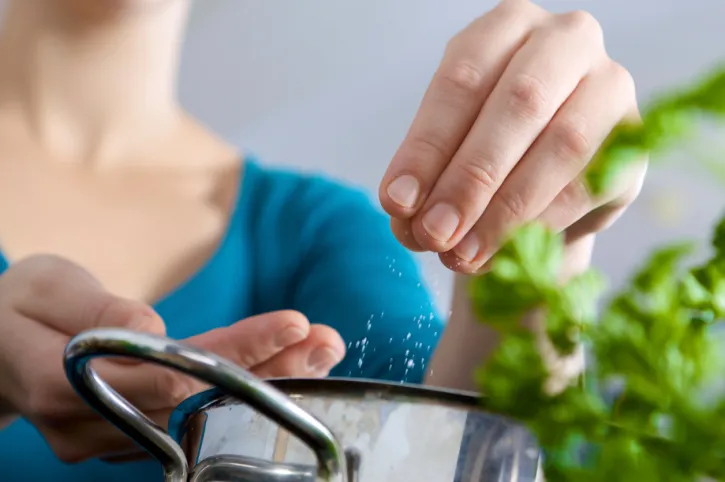Salt intake can be linked to an increased risk of developing type 2 diabetes and latent autoimmune diabetes) held last week in Lisbon.
The main source of sodium in the diet is through salt.Salt (sodium chloride) is 40% sodium, so for every 2.5 g of salt consumed, 1 g is sodium.Previous investigations have suggested that excessive salt consumption can increase the risk of developing DT2, possibly through a direct effect on insulin resistance, and / or promoting hypertension and weight gain.
Lada is a form of type 1 diabetes (T1D) in which insulin producing cells in the pancreas are destroyed by the body's own immune system, but unlike typical T1D it develops very slowly, sometimes for a period of years of years of years.This, together with what appears in adulthood later, can lead to erroneously diagnosing as T2D.
This study was conducted by Dr. Bahareh Rasouli of the Institute of Environmental Medicine (IMM), Karolinska Institute, Stockholm, Sweden, and colleagues from institutions of Sweden and Finland, with the aim of discovering whether there is a link between sodium intake,salt, and the risk of developing T2D or Lada.
The team used data from a Swedish population study of risk factors for LADA and T2D, and compared 355 and 1136 cases of each, respectively, with a group of 1379 individuals of the broader population that acted as controls.Dietary intake was recorded by a food questionnaire and was used to calculate the daily consumption of calories, nutrients and sodium.The influence of genetics on the risk of autoimmune diabetes was also considered, dividing patients into ‘high risk’ or ‘another’ according to their HLA genotype.Adjustments were made to take into account the differences in risk factors including age, sex, BMI, smoking, physical activity, family history of diabetes, alcohol, total energy and potassium consumption.
The study found that sodium intake was associated with an average increase of 65% in the risk of developing DT2 for each additional gram consumed per day.By dividing participants into three sodium consumption groups (low 2.3g, medium 2.3-2.9g, above 2.9g), the group with the highest consumption had 72% more risk of developing DT2 compared to the consumption grouplower.However, since salt is only 40% sodium in weight, for real salt consumption the low consumption group is 6.0 grams and less;The average consumption group is 6.0-7.3 g;And the high group is above 7.3 grams per day.
The effect of sodium intake on the risk of developing Lada was even greater, with an 82% increase for each gram consumed per day.Patients with high -risk HLA genotypes whose sodium intake was classified as "high" (more than 2.9 g / day) had almost three times more likely to develop the disease than those who consumed the lowest (less than2.3 g / day).
The authors conclude: "We confirm an association between sodium intake and type 2 diabetes" and that "high sodium intake can be a risk factor for lada, especially in high -risk HLA genotype carriers."They suggest that "these findings may have important implications in the primary prevention of diabetes with the appearance of the adult."


